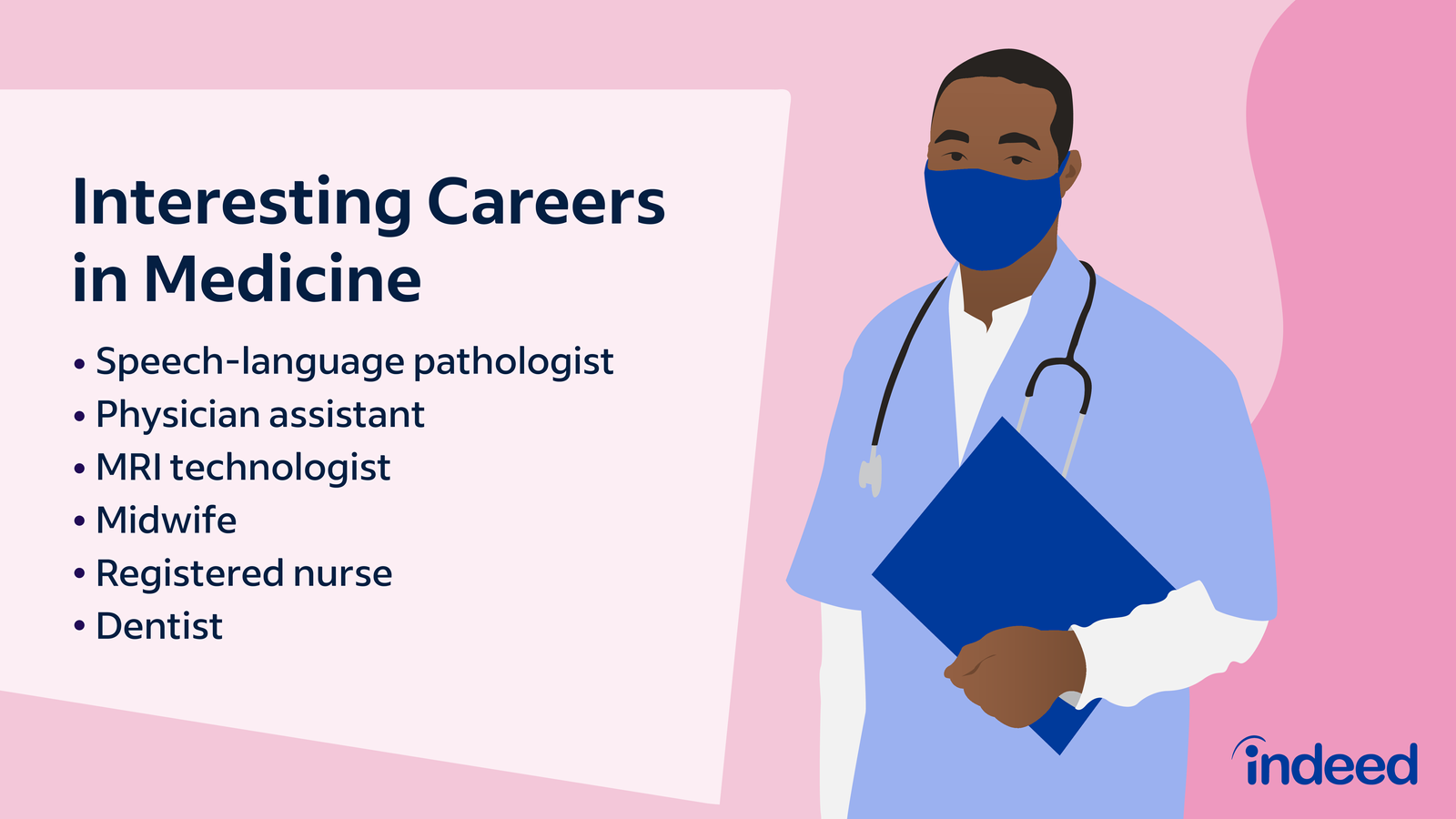In the intricate web of healthcare, hospital jobs stand as pillars, contributing significantly to the well-being of individuals and communities. This article aims to delve into the diverse landscape of jobs available within hospitals, exploring the qualifications, challenges, and growth opportunities in this vital sector.
Types of Hospital Jobs
Doctors and Physicians
At the forefront of healthcare, doctors and physicians play a crucial role in diagnosing and treating patients. From surgeons to specialists, the medical field offers a spectrum of opportunities for those with a passion for healing.
Nurses and Nursing Staff
Nurses form the backbone of hospital care, providing round-the-clock support to patients. Their roles vary from bedside care to specialized fields like critical care and pediatrics.
Administrative and Support Staff
Behind the scenes, administrative and support staff ensure the smooth functioning of hospitals. From receptionists to IT specialists, these roles are integral to the efficient operation of healthcare facilities.
Allied Health Professionals
Occupational therapists, radiologists, and other allied health professionals contribute specialized skills to patient care. These roles often require specific education and training.
Qualifications and Training
The journey to a hospital career begins with education and training. Whether pursuing a medical degree or vocational training, each role demands a unique set of qualifications and a commitment to ongoing learning.
Job Opportunities and Growth
The demand for healthcare professionals is on the rise, with projections indicating continued growth. Opportunities span a wide range, providing stability and job security in the ever-evolving field of healthcare.
Benefits and Challenges
While hospital jobs offer intrinsic rewards, they come with challenges. High-stress environments, long hours, and emotional demands are part of the package. However, the sense of fulfillment and impact on lives often outweigh the challenges.
Impact of Technology on Hospital Jobs
Advancements in technology have revolutionized healthcare, creating new roles and reshaping existing ones. From telemedicine to data analytics, technology opens avenues for professionals to explore innovative approaches to patient care.
How to Pursue a Career in Hospital Jobs
Entering the healthcare industry requires dedication and strategic steps. Networking, gaining relevant experience, and continuous education are key elements in building a successful career in hospital jobs.
Diversity and Inclusion in Hospital Jobs
Diversity in healthcare fosters a more inclusive and compassionate environment. Initiatives promoting diversity and inclusion within hospitals contribute to better patient outcomes and employee satisfaction.
Job Satisfaction and Burnout
Factors contributing to job satisfaction in hospital careers include positive patient interactions, professional growth, and a supportive work environment. To combat burnout, individuals can prioritize self-care, seek support, and establish healthy boundaries.
Future Trends in Hospital Employment
Emerging roles, influenced by technological advancements and global health trends, offer exciting prospects for those entering the healthcare sector. Staying informed about these trends can guide career choices and foster adaptability.
Testimonials from Hospital Employees
Real-life experiences of hospital employees provide valuable insights. From overcoming challenges to celebrating triumphs, these stories humanize the healthcare profession, inspiring others to pursue similar paths.
Community Impact of Hospital Jobs
Hospitals extend beyond medical care, acting as community hubs. The contributions of hospital employees extend beyond their roles, positively influencing the well-being of the communities they serve.
Professional Development in Hospital Careers
Continued education and professional development are essential in hospital careers. With the ever-evolving nature of healthcare, staying abreast of advancements ensures that professionals deliver optimal care to patients.
Conclusion
In conclusion, hospital jobs form the backbone of the healthcare system, impacting individuals and communities alike. The diverse array of roles, coupled with the challenges and rewards, makes a career in hospitals both fulfilling and essential.
FAQs
- What qualifications are needed for a career in healthcare?
- The qualifications vary based on the specific role, ranging from medical degrees for doctors to vocational training for support staff.
- How can one prevent burnout in a hospital job?
- Strategies include self-care practices, seeking support, and setting healthy boundaries to maintain a work-life balance.
- Are there opportunities for career advancement within hospitals?
- Yes, hospitals often provide avenues for professional growth through continuing education and promotions.
- How is technology influencing hospital jobs?
- Technology is creating new roles and transforming existing ones, enhancing efficiency and patient care.
- What impact do hospital jobs have on communities?
- Beyond medical care, hospital jobs contribute to community well-being by acting as hubs for education, employment, and support.
